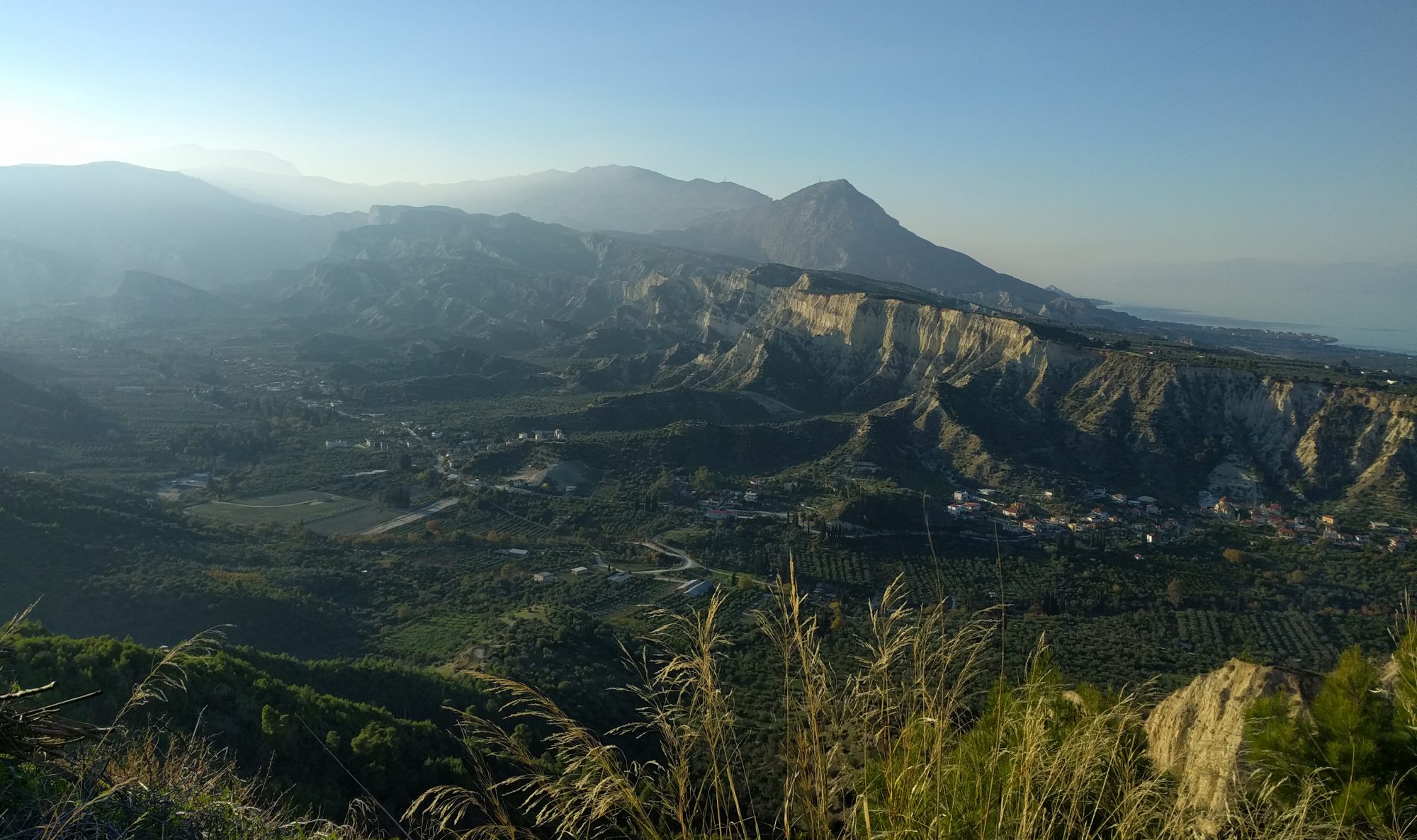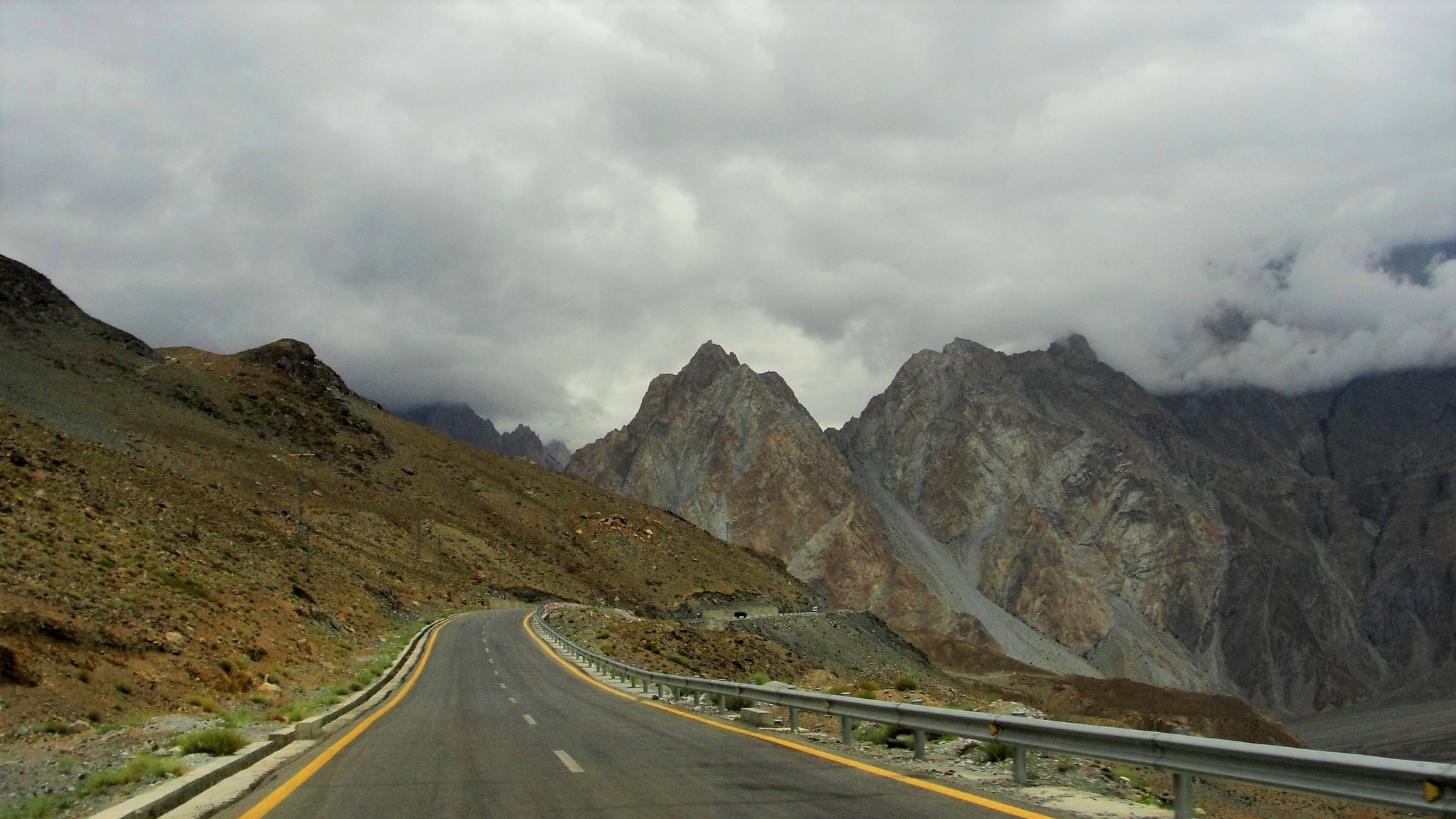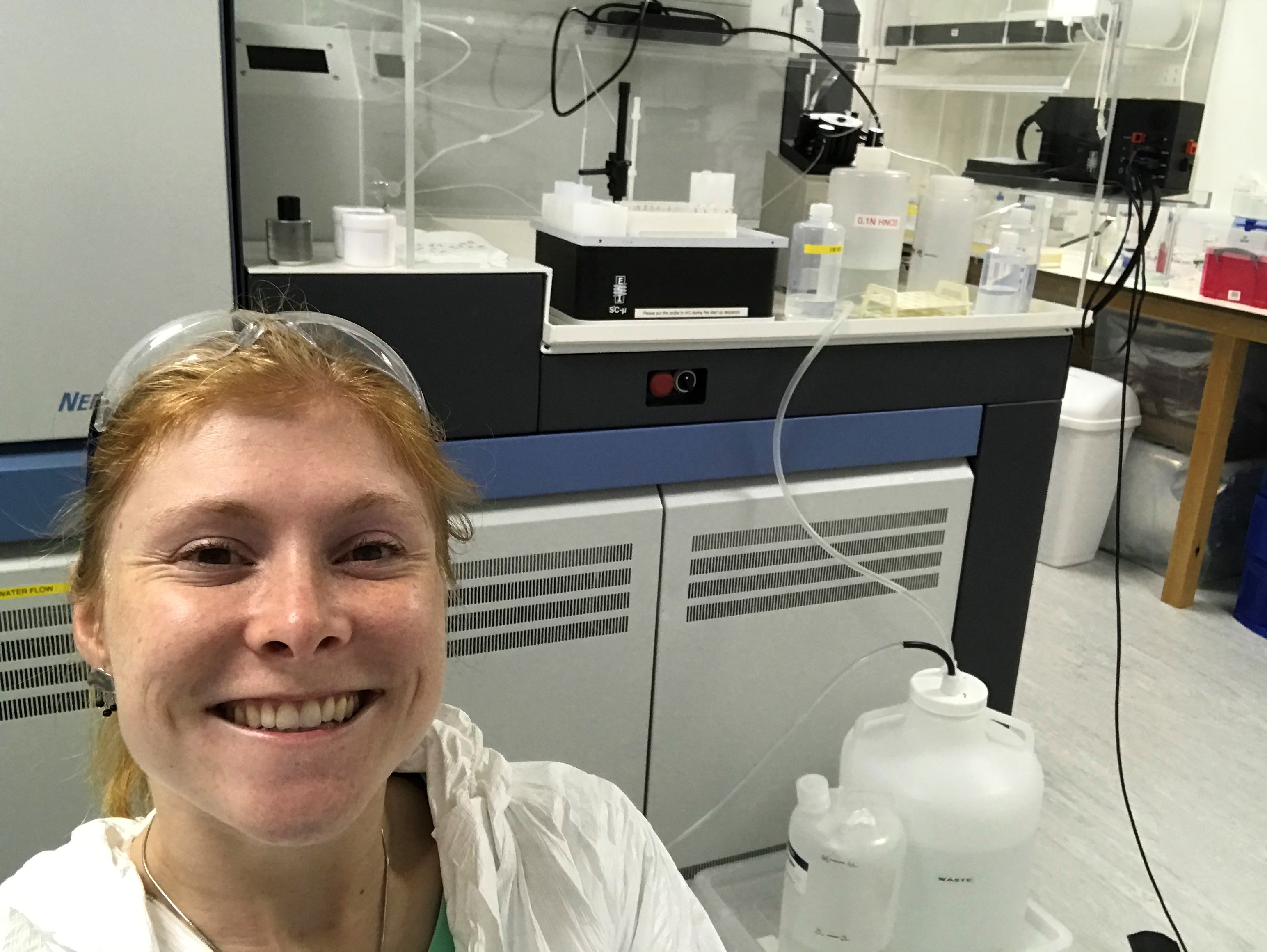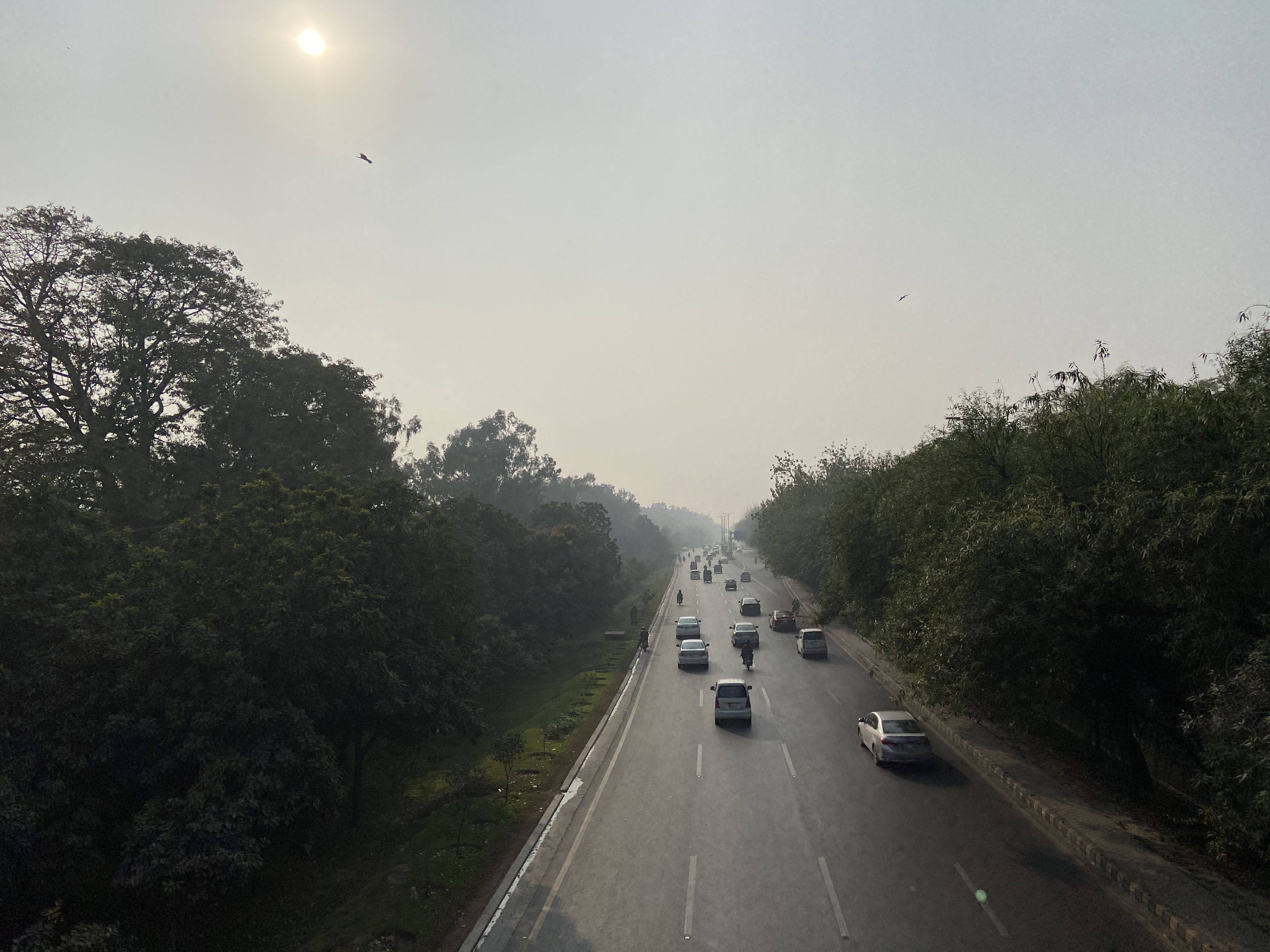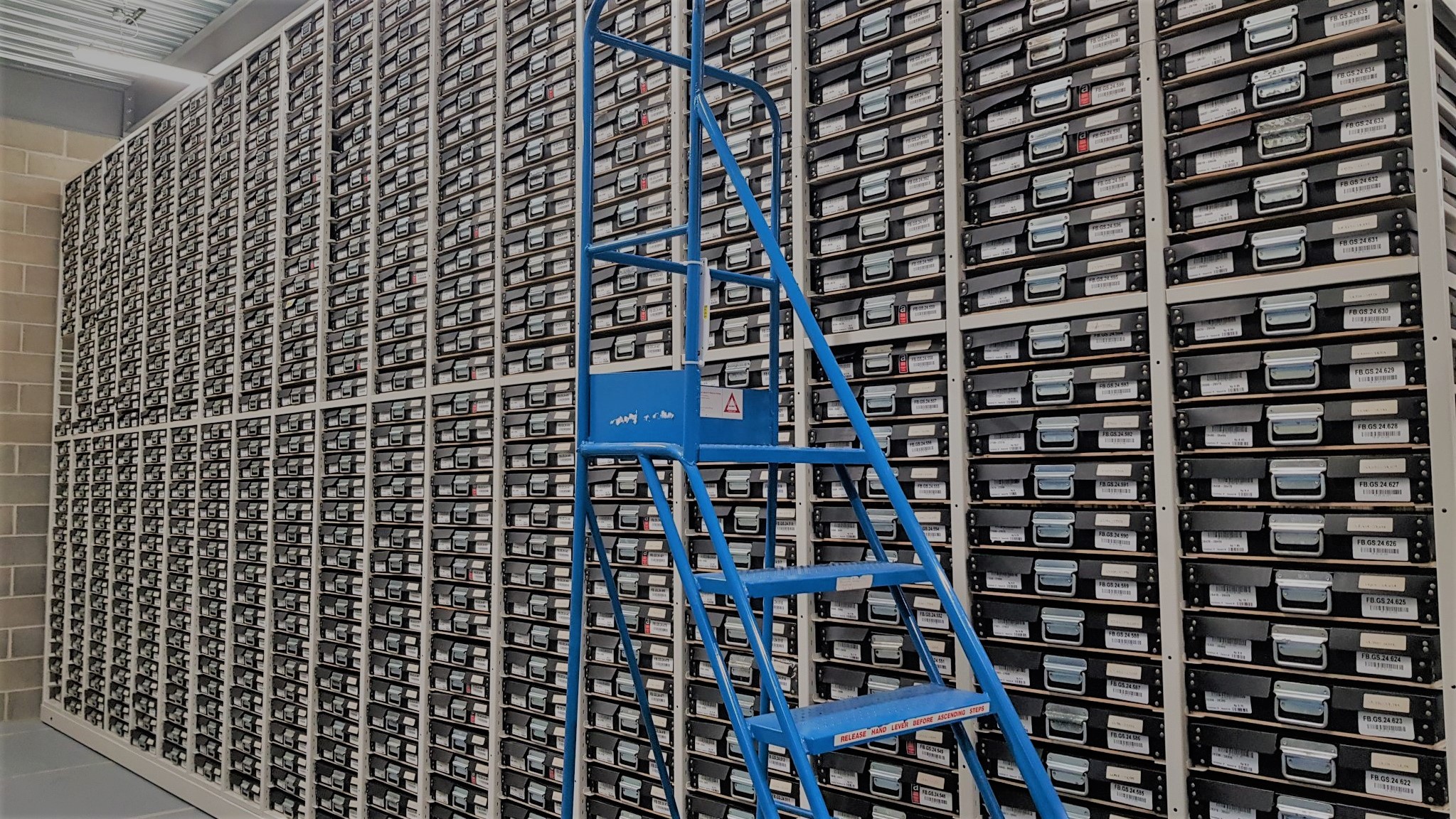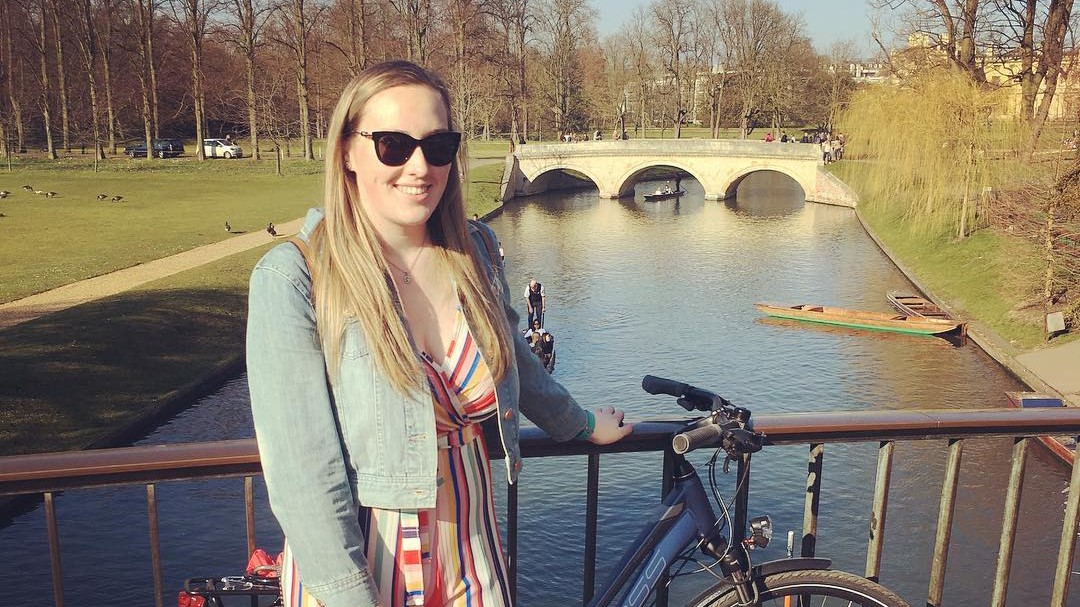Grace Campbell is an earthquake geologist and remote sensing specialist in Arup‘s Natural Hazard and Risk Management Team.
After gaining a Master’s degree in Earth Sciences at UCL, Grace moved to Cambridge to study – firstly for an MPhil in Environmental Science and Remote Sensing at the Department of Geography, then moving to Earth Sciences to undertake a PhD on earthquake hazards in central Asia.
Grace has now worked at Arup for 5 years, and was recently recognised as one of 2021’s Top 50 Women in Engineering. We caught up with Grace in the following blog post and heard more about her work on natural hazard and risk management.
Continue reading “Cambridge seismology graduate named one of 2021 Top 50 Women in Engineering”